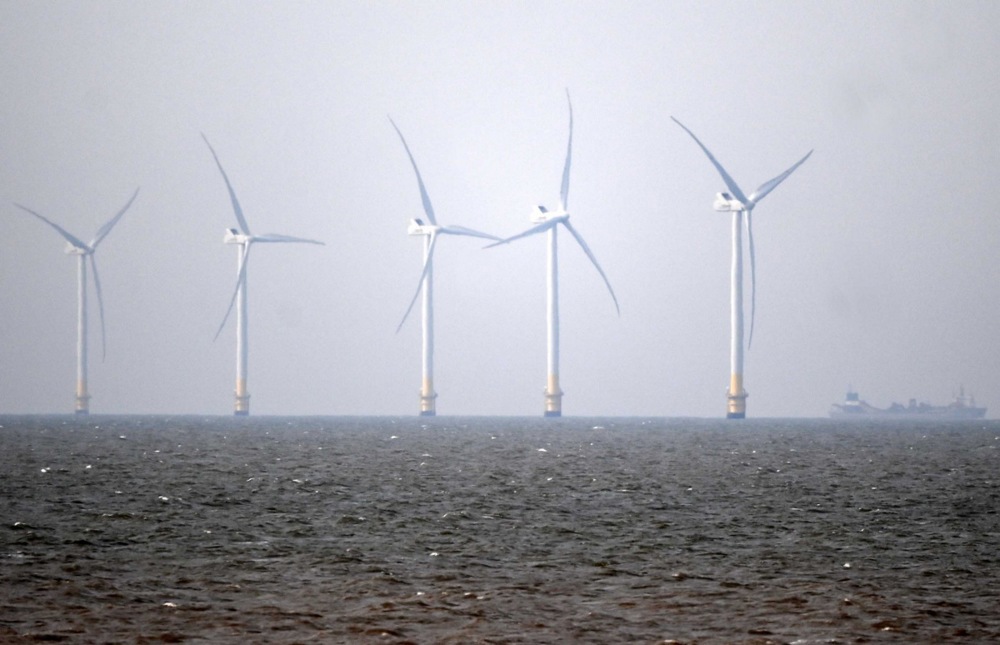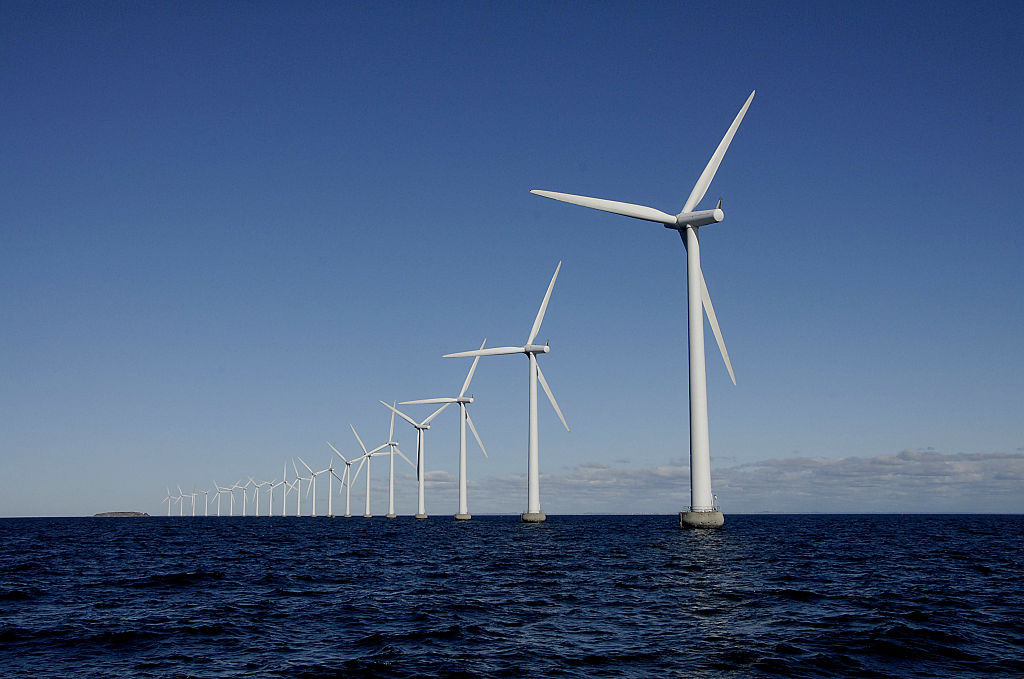Serbian economic researcher and activist Alexandar Matković has raised serious concerns about a widely praised lithium mining project in his home country.
In an interview with Brussels Signal on May 10, he warned of significant environmental risks and highlighted China’s involvement in the venture.
In the summer of last year, Serbia and the European Union announced a major deal to develop a joint lithium mining project.
The agreement offered the EU access to a a critical material in the production of electric batteries, an essential building block for the bloc’s “green” transition. It also had the potential to reduce the EU’s dependence on batteries from China, it was claimed by Brussels last July.
According to the EU, the co-operation would lead to economic growth, more geopolitical autonomy and provide a boost for the clean transition.
Matković pointed out that the reality was much less positive than depicted.
Regarding the environmentalist elements of the project, the Serbian said farmers had lived on the land there for generations, growing a wide range of crops.
“Agriculture has traditionally been a key part of Serbia’s economy, even one of our export sectors. We’re not exactly known for high-tech industries; we’ve always been more of an agricultural country,” said Matković.
“So when you talk about a ‘green transition’ in a region that’s already green, it sounds almost absurd to the people living there.”
Matković stressed that the conversation around Europe’s green transition was being driven by the “EU bubble”.
He said there was a degree of pressure to see lithium mining — particularly from the giant British-Australian multinational corporation Rio Tinto — as some kind of economic saviour.
“But the connection between Rio Tinto and the EU is complicated and, in reality, the situation is not as straightforward as it’s being presented,” he said.
“What’s often left out of the conversation is that the largest shareholder of Rio Tinto is actually Chinalco, a state-owned enterprise.
“That’s a critical detail, especially given how much talk there is here in the so-called ‘EU bubble’ about decoupling from China,” Matković said.
“Right now, as we speak, the EU’s Critical Raw Materials Board is debating whether to financially support Rio Tinto’s lithium project in Serbia — supposedly as part of a strategy to reduce dependency on China.
“But how does supporting a company that’s partially owned by a Chinese state firm accomplish that? It doesn’t really make sense,” he added.
The deal offered the EU a crucial ingredient for producing electric batteries, an essential building block for the continent’s green transition, and also had the potential to reduce the EU’s dependence on batteries from China.https://t.co/9YvfzpoMUe
— Brussels Signal (@brusselssignal) July 22, 2024
Moreover, Matković stressed, Rio Tinto had also partnered other Chinese firms, including Zijin, one of the largest copper producers globally, which already operates in Serbia.
“These China-Rio Tinto links aren’t well understood in Brussels and I think it’s important to bring them into the conversation,” he said.
“Meanwhile, you’ll hear people, even some in the German green movement, saying things like, ‘Serbia should take one for Europe.’ But on the ground, what we see is something very different.
“In fact, many EU funds supposedly aimed at reducing Chinese influence are still ending up in the hands of Chinese companies,” he said.
“So I don’t see any real decoupling happening. And that’s part of why people in Serbia are sceptical of EU policy — because it doesn’t seem to match the reality.”
The full Brussels Signal interview with Matković will appear on May 12.
On the same day, at 5 pm CET, a group of Serbian students will arrive in Brussels after completing a 1,950-kilometre protest bike ride from their home country.
They were part of a broader student protest movement, also discussed in the Brussels Signal interview, that emerged after the collapse of a newly renovated train station canopy in Novi Sad on November 1 last year.
The incident sparked nationwide outrage, fuelling protests against government corruption and demands for justice and the rule of law.
Along their route, the students passed through several European cities, drawing attention and support from local communities and institutions across the continent.
The EU-Serbia lithium deal, aimed at reducing Chinese influence, faces sharp criticism over Serbia’s rule of law issues and the EU’s perceived prioritisation of resource acquisition over democracy and governance concerns. https://t.co/UmVBQM5q2J
— Brussels Signal (@brusselssignal) August 5, 2024





